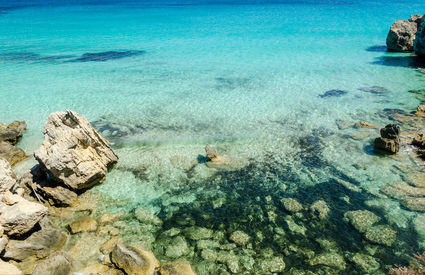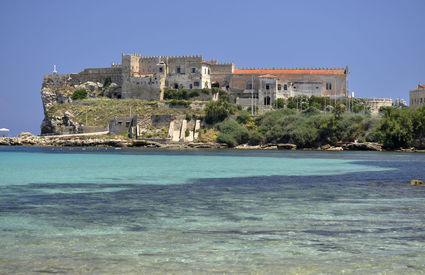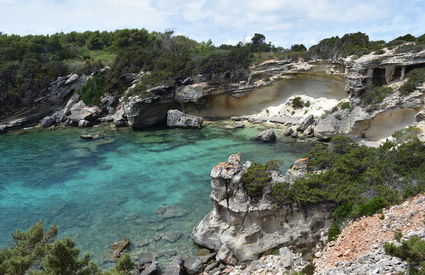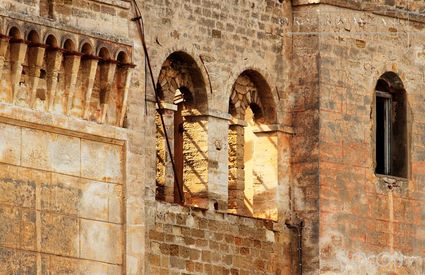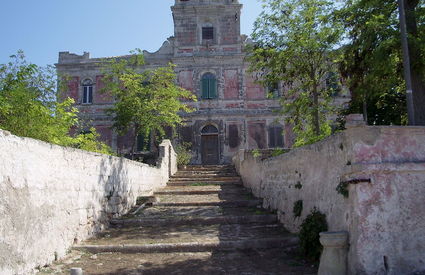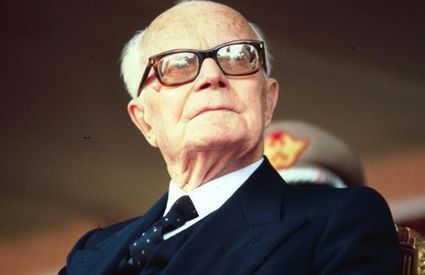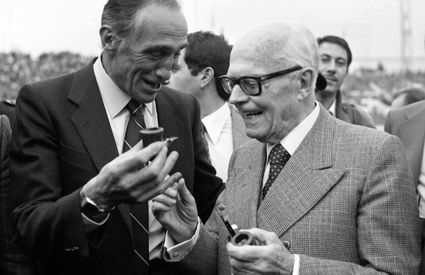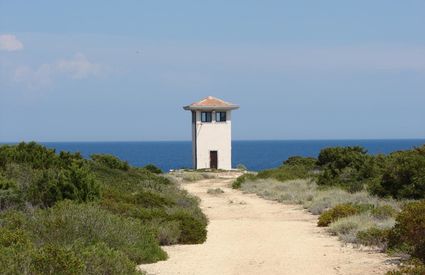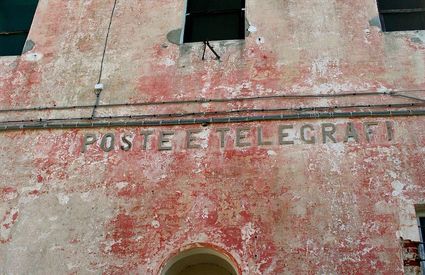Campo nell'Elba
Pertini in Pianosa
The President-Partisan, Fascist prison guards, an unexpected pardon and a letter to a mother
Pertini in Pianosa
The President-Partisan, Fascist prison guards, an unexpected pardon and a letter to a mother
The prison
Since the mid-19th century, Pianosa’s local story has revolved mostly around its prison: the small island was a maximum security penal colony from 1863 until 1998. With it being an island, the prisoners worked on farms there from the beginning, additionally taking care of its prisons and, in some periods, the small marina and the town as well. Given this system, the penitentiary was, in turn, the island’s main caretaker. Today its waters and its territory are among the most unspoiled of their kind in the whole Mediterranean.
During Fascism
For a time the Pianosa penitentiary held political prisoners of Fascism. Among these was the dissident Sandro Pertini. Prisoners like him were prohibited from reading the newspapers, even though now and then they’d catch a glimpse when someone turned a blind eye… It’s indeed said that some guards would wrap up packages that arrived for Sandro in the day’s newspapers, delivering them to him with a smile. But how did Pertini earn the respect of the Fascists? With an extraordinarily bold gesture. It was February 23, 1933 when Pertini, condemned for going against the dictatorship, learned that his mother had asked for him to be pardoned. The President refused this possibility with righteous indignation, writing an eloquent letter to his mother.
The letter to his mother
Mamma,
Where was your heart when you did this? I’ve been unable to find peace since they told me the news of you asking for my pardon. If you could imagine the damage you’ve done to me, you’d regret this bitterly […] I must restrain the scorn of my soul… […] Tell me, Mamma, why did you want to offend my faith? You know well that this is everything for me—my political beliefs—that I’ve always loved it so much. Everything of me, I’ve offered to this and for this, and I accepted my sentence with a content spirit and serenely endured prison. These beliefs are the only great and pure thing that I have in me, and you, of all people, had to go and insult them like this? […] I feel humiliated at the thought of you assuming that I could abandon my political cause just to get my freedom back. You, who have always understood me, you who were proud of me […] How could one think that, even if I were free, I would be ready to renounce my beliefs? And, without my beliefs, why would freedom matter to me at all? Freedom, this asset held so dear by men, would be a dirty rag to be tossed away if acquired at the price of this betrayal […] But tell me, Mamma, how could you embrace your son if he returned to you marked by such an abominable betrayal? […] No, mamma, it’s better if you continue to think of him here, in prison, but pure of any such stain, this son of yours, rather than have him close to you again but guilty of such shameful cowardice […] My categorical refusal of your petitioning is for this reason. And now, all that remains is for me to immerse myself further in this love, which I will bring to my cause, living through and for it. I feel it even more strongly after this act of yours.
With a kiss, your Sandro


